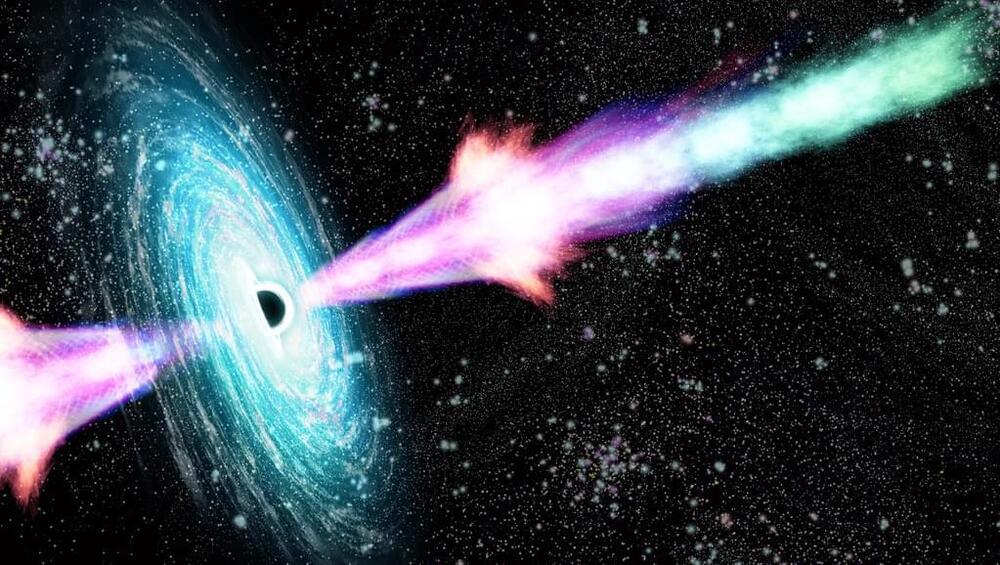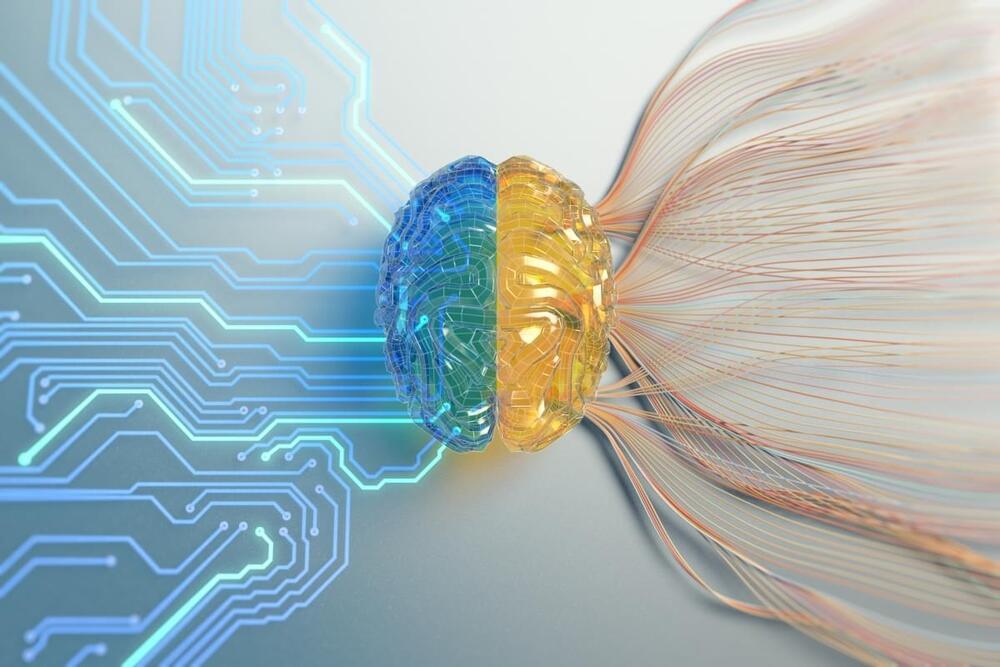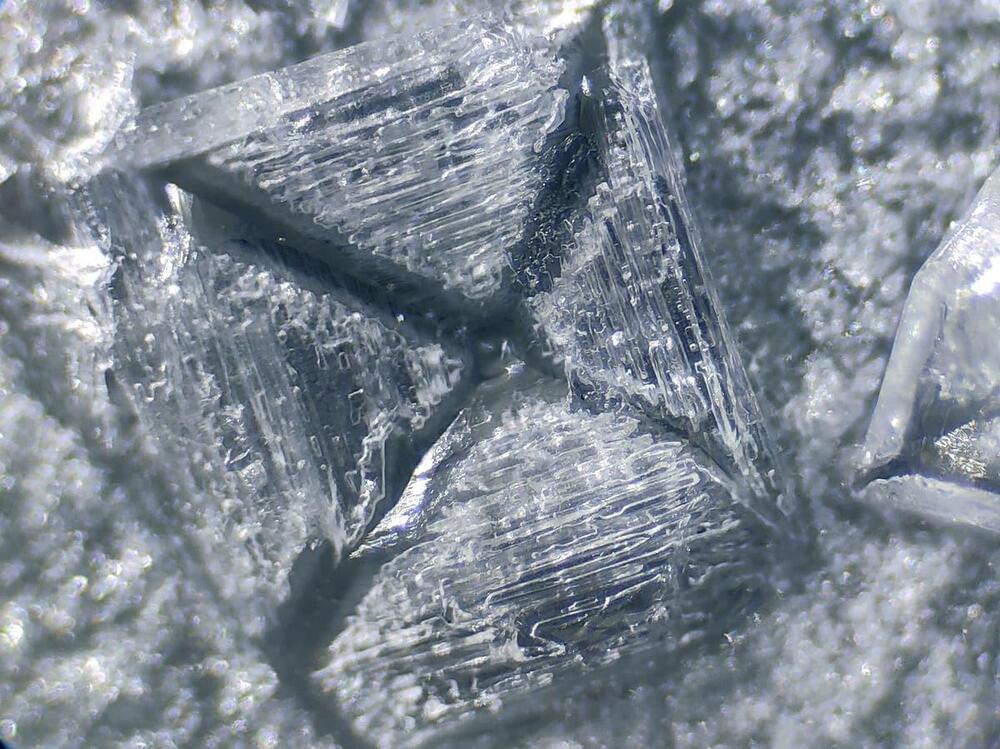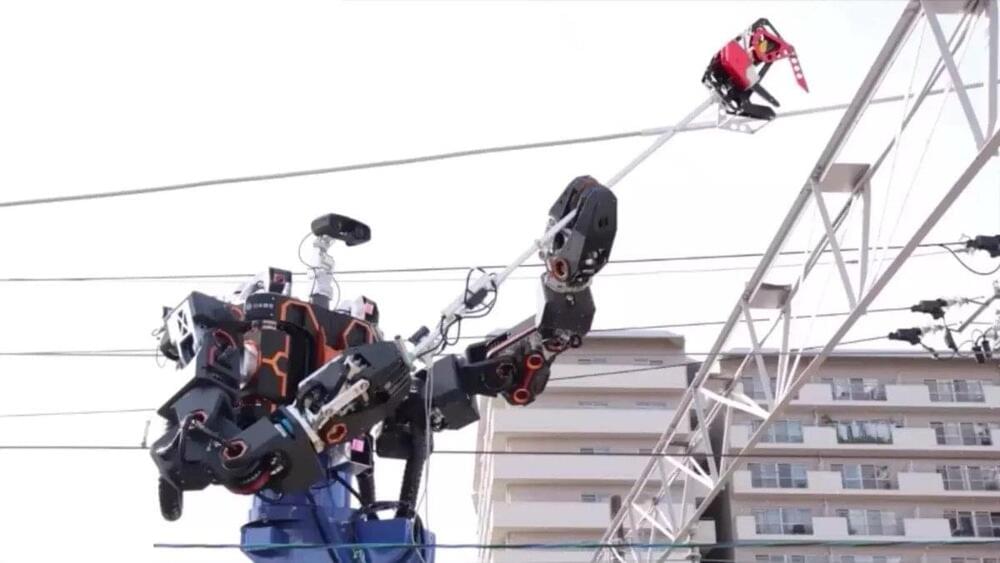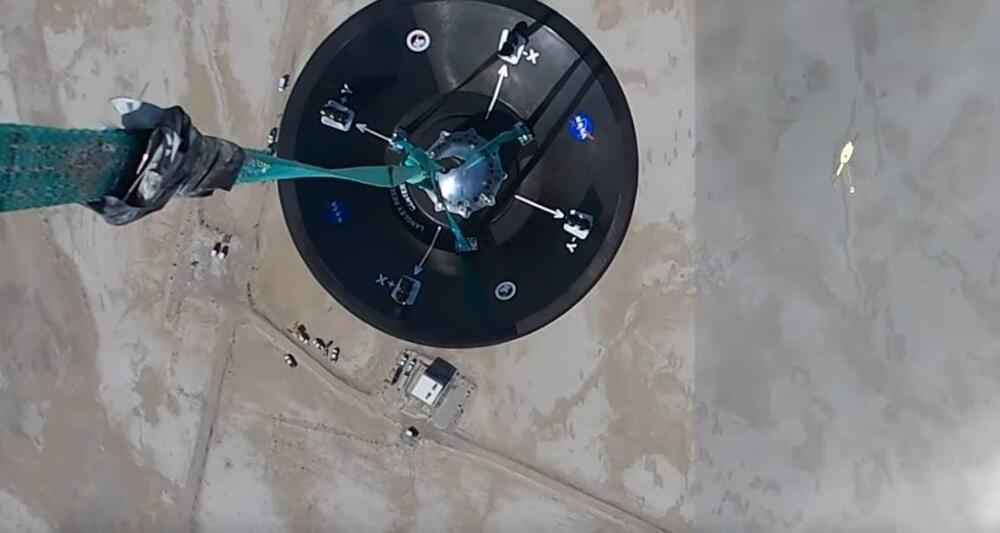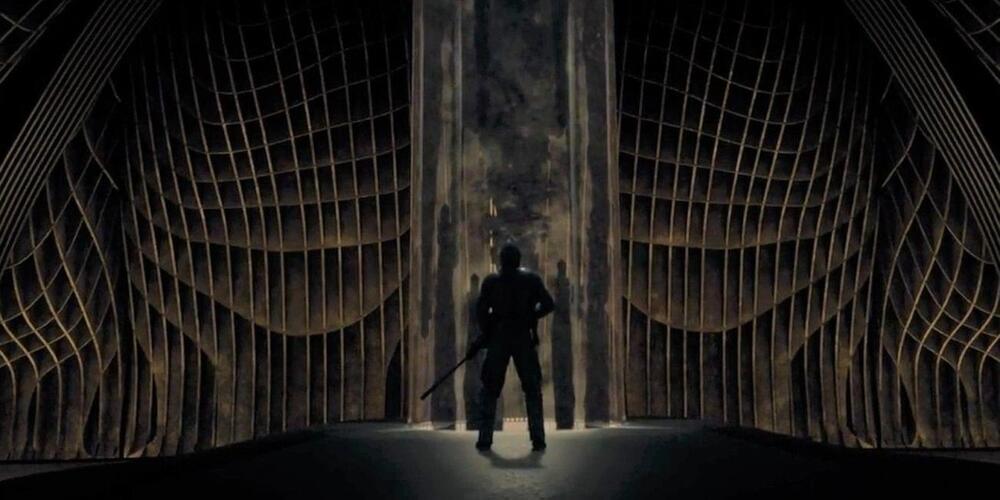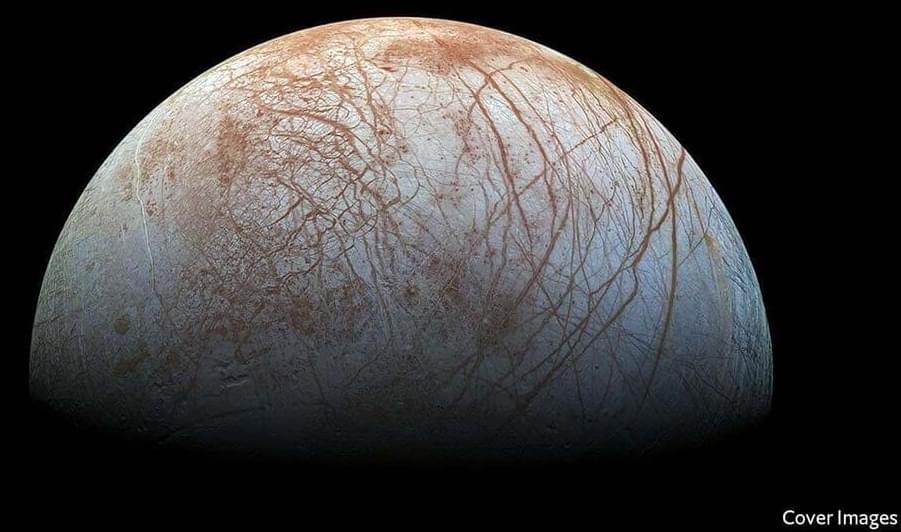Join us on Patreon!
https://www.patreon.com/MichaelLustgartenPhD
Papers referenced in the video:
Life-Span Extension in Mice by Preweaning Food Restriction and by Methionine Restriction in Middle Age.
https://pubmed.ncbi.nlm.nih.gov/19414512/
Low methionine ingestion by rats extends life span.
https://pubmed.ncbi.nlm.nih.gov/8429371/
Fasting glucose level and all-cause or cause-specific mortality in Korean adults: a nationwide cohort study.
https://pubmed.ncbi.nlm.nih.gov/32623847/
Total plasma homocysteine and cardiovascular risk profile. The Hordaland Homocysteine Study.
https://pubmed.ncbi.nlm.nih.gov/7474221/
Predicting Age by Mining Electronic Medical Records with Deep Learning Characterizes Differences between Chronological and Physiological Age.
